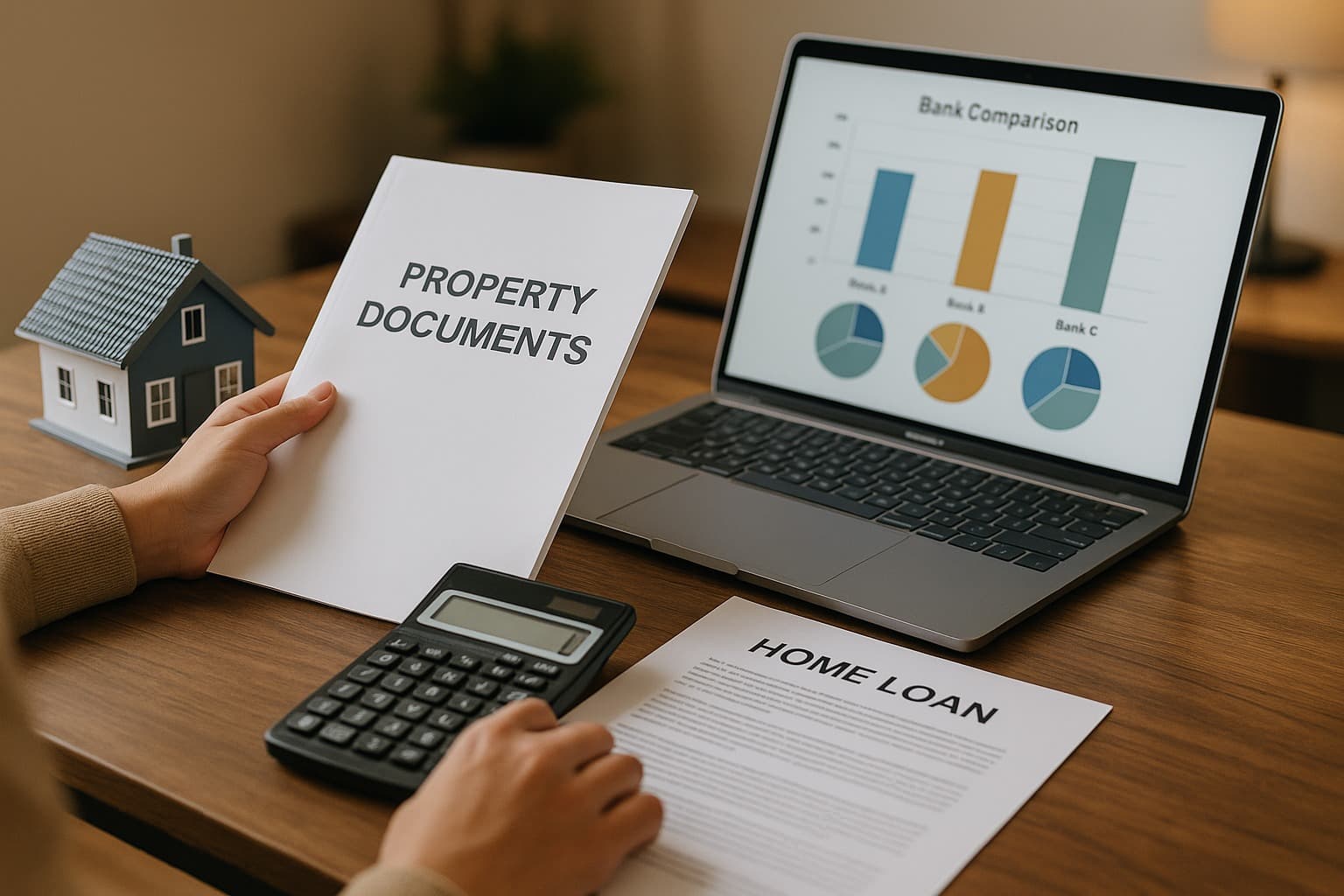How to Avoid Home Buying Mistakes: A Comprehensive Guide
Summary
Avoid costly errors in your home-buying journey! This guide reveals ten common mistakes, from falling in love too quickly to neglecting legal checks, helping you secure your dream home with confidence and peace of mind.

How to Avoid Home Buying Mistakes?
Buying a home is one of those moments that feels both thrilling and terrifying at once. It’s not just about walls and windows—it’s about building a dream, creating a corner that’s truly yours, and anchoring your life somewhere solid. But here’s the hard truth—many people walk into this journey with a head full of excitement and a heart full of hope… only to come out with regret, debt, and a home that doesn’t quite feel like the one they imagined.
So, before you sign that dotted line or let emotions cloud your decision, let’s pause for a second and talk about how to avoid the common home-buying mistakes—the kind that could save you not just money, but a whole lot of heartache later.
1. Falling in Love Too Quickly
We’ve all been there. You step into a house, and it just feels right. The sunlight hits the living room just perfectly, you can already picture where your sofa would go, and you imagine sipping your morning coffee on that little balcony.
But here’s where emotions can trick you. That first spark might blind you to practical realities like hidden repair costs, inconvenient location, or even bad resale potential. Don’t let love make you overlook the cracks (literally and figuratively).
Take a deep breath. Visit the property twice, maybe thrice, at different times of the day. Notice the neighborhood noise, the traffic, the air quality. What looks dreamy at noon might feel entirely different at night when streetlights flicker and the roads go quiet.
Your future self will thank you for choosing sense over impulse.
2. Ignoring Your Budget Reality
One of the most painful mistakes people make is stretching beyond what they can comfortably afford. It’s easy to get swept up by the charm of a slightly bigger house or a fancier area. The bank approves the loan, the broker says, “Madam/Sir, it’s a once-in-a-lifetime deal!”—and suddenly, you’re knee-deep in EMIs that choke your monthly peace.
A home should make you feel safe, not stressed.
Sit down and look at your finances honestly. Calculate everything—loan EMIs, maintenance, electricity, property tax, and those hidden extras like society charges or security fees. Leave a buffer for emergencies, because life always throws a few surprises your way.
Remember, financial comfort is far more luxurious than a house that just looks expensive.
3. Skipping the Legal and Paperwork Checks

This one’s huge, especially in India. So many buyers skip due diligence because paperwork feels intimidating—or because they trust the builder blindly. But no matter how reputed the developer is, you must verify everything.
Ask for property title papers, sale deed, encumbrance certificate, RERA registration, and occupancy certificate. If you’re buying a resale property, confirm there are no pending loans or disputes attached to it.
Hire a real estate lawyer even if it costs a few thousand rupees. Think of it as insurance against future chaos. Because legal errors don’t just cost money—they steal peace of mind.
4. Overlooking the Location Beyond the Map
A beautiful house in a not-so-convenient location can turn from dream to dread pretty quickly. Many buyers focus only on the price and property but forget to think about daily living.
How far is your workplace? Are there good schools nearby if you plan to have kids? Is the nearest hospital within reach in an emergency? What’s the water supply like? And how about public transport?
A location is more than a pin on Google Maps—it’s the rhythm of your everyday life. Choose a place that fits your lifestyle, not just your wallet.
5. Not Accounting for Future Needs
Your life today might look very different from what it’ll be five or ten years from now. Maybe you’ll get married, have kids, or start working remotely. Maybe your parents will move in with you.
So when you buy, think ahead. Does the space allow flexibility? Can that extra room be turned into a home office or a nursery later? Will the building’s infrastructure still feel modern in a decade?
A good home isn’t just about today—it’s about tomorrow too.
6. Ignoring Hidden and Long-Term Costs
Here’s a sneaky one. Many buyers focus only on the property’s sticker price and forget the silent costs that pile up over time—maintenance, repairs, furnishing, property taxes, insurance, and utility upgrades.
Even things like repainting, pest control, or plumbing can drain your savings if the property isn’t in great shape. Before finalizing, get a home inspection done by professionals. It’s worth every rupee. They’ll check for leakages, wiring issues, structural cracks, and moisture problems—things your untrained eye might miss.
Because nothing hurts more than discovering that your “perfect” home needs another ₹5 lakh just to be livable.
7. Neglecting Loan Terms and Interest Traps
When you’re taking a home loan, remember—it’s not free money. The interest rate, tenure, processing fees, and prepayment penalties can all make a huge difference over the years.
Compare multiple banks, understand fixed vs. floating rates, and read the fine print. Don’t rely entirely on agents or “quick approval” schemes.
A smart buyer knows that saving even half a percent on interest could mean lakhs saved over time.
8. Forgetting to Research the Builder or Seller
You’d be surprised how many people invest their life savings in under-construction projects by builders who have a track record of delays. Always do a background check.
Look up their RERA registration, past project timelines, and customer reviews. Talk to residents in their previous developments. If it’s a resale, visit the seller personally and verify ownership documents.

Your gut will often tell you if something feels off—listen to it.
9. Rushing the Decision
In a fast-moving market, you’ll often hear lines like, “This flat won’t stay on the market for long!” or “Someone else has already made an offer.” Don’t let pressure push you into haste.
Buying a home isn’t like booking a movie ticket—it’s a long-term commitment. Sleep on it. Talk to your family. Think about how this decision fits your career, lifestyle, and emotional goals.
If it’s truly the right home, it’ll wait for you.
10. Not Trusting Your Instincts
This might sound a bit emotional, but it matters. Beyond all the paperwork, data, and advice, there’s something deeply personal about choosing a home.
Sometimes, a property might tick every box on paper, yet something inside you feels unsure. Don’t ignore that voice. Logic builds a house, but intuition helps you find a home.
In the End…
Buying a home isn’t just a financial decision—it’s an emotional one. It’s about where your laughter will echo, where you’ll watch the rain fall, where you’ll celebrate birthdays and quiet nights.
Mistakes happen when we rush, trust blindly, or let excitement overpower clarity. But when you buy with awareness, patience, and heart, you’re not just buying property—you’re building your peace, your safety, and your future.
So, take your time. Ask the tough questions. And when you finally find that home—the one that feels right in both heart and mind—you’ll know.
Because the best home isn’t the one that looks perfect… it’s the one that feels like you belong there.
